On September 5, our Brandon Morse wrote about Disney’s rapidly disintegrating reputation in the public eye in general and the conservative eye in particular. He noted how the company’s actions firmly indicate it doesn’t care and is unlikely to stop its downward slide anytime soon, if ever. While I agree with many of his points, one not covered warrants mention. You see, Disney doesn’t hate solely conservatives and conservative values. It hates its most loyal customers as well.
Two examples. The first involves Disney’s theme parks, which to date have escaped the dramatic business fall-off the company’s woke movies and television shows have incurred. Over recent years, Halloween has become just as if not more celebrated at Disney’s theme parks than the traditional holidays in December. Decorations and merchandise galore abound throughout Disneyland, Walt Disney World, and Disney California Adventure. For this illustration, we focus on the latter.
For the past several years, Disney has hosted an event called Oogie Boogie Bash in either Disneyland or Disney California Adventure. (For the uninitiated, Oogie Boogie is a character in Tim Burton’s film “The Nightmare Before Christmas.”) Said event is an after-hours party at the park, where for a not inconsiderable sum guests can wear costumes up to a point, go trick-or-treating at candy station trails located throughout the park, watch a special parade, take advantage of photo opportunities with assorted Disney villains, buy event-themed merchandise, and watch their sugar intake grow higher even as their bank account slides lower.
Given the still sizable number of Disneyphiles who plan large swaths of their lives around park visits and related items thereof, such as cramming their house full of Disney memorabilia, it takes zero effort — five bonus points if you get the pun — to envision how insanely popular Oogie Boogie Bash is to the Disney faithful. Which, make no mistake, is still a massive presence. This creates a problem, as even though the event occurs on multiple nights throughout September and October, the ticket demand is insatiable. One would figure that for a company of Disney’s size and corresponding massive online presence for merchandise and park ticket sales, this would not be a problem, right? Er … right?
Au contraire, mon frère. Last year’s online ticket sale (online being the only way one could buy tickets as heaven forbid you should be able to go to one of the multitude of ticket booths in between Disneyland and Disney California Adventure to, you know, buy a ticket) was a disaster with website crashes galore. Rather than have adequately sized hosting capacity and a streamlined site once a visitor reaches it for maximum ease and speed of use, or, at the bare minimum, a means of immediately implementing these in anticipation of heavy traffic, Disney threw together an online queue. The word queue comes from the French word of the same spelling meaning “a tail.” For hopeful Oogie Boogie Bash attendees, queue translated into “a tale of woe” as a veritable plethora of those wishing to buy tickets for any one of the multiple dates available found themselves stuck in the online queue for up to 12 hours, only to be rewarded for their efforts with an “oops, we’re sold out — come see us anyway!” message. So much for that legendary Disney customer service.
This year, having had a year to learn from previous mistakes and rectify same, Disney … didn’t. First, there was the attempted pre-sale to Magic Key holders. A brief explanation for the uninitiated: at Disneyland and Disney California Adventure, a Magic Key is the replacement for the pre-panicdemic annual pass, which, depending on which plan you had, worked for park entrance whenever a holder felt like showing up. You paid through the nose for it, but it paid off if you were a frequent attendee. With the Magic Key, while still paying through the nose, you must make a park reservation in advance, with multiple dates blocked out regardless of which level Magic Key you own. You can still buy a ticket for the blocked-out days if you have to hang with the mice, ducks, dogs, chipmunks, and princesses, some playing the role of one and many others acting like they are one. The ticket will be at full price. Way to make your most loyal customers feel welcome, Disney!
Anyway, the pre-sale was a disaster, precisely following the same pattern as the previous year’s nightmare: up to nine hours in a virtual queue only to have the sale end long before most everyone trying to buy tickets could do so. Next came the general public sale, which went so badly Disney shut it down after several hours with an “uh, we need to fix our system — but don’t worry, the moment we do we’ll announce the new sale date and everything will be perfect! Sally forth!” Sally had other plans, as the third and final attempt wasn’t worth jack. Up to nine hours stuck in the same online queue only to get a, “Sorry, sold out — but you can come to the park anyway and buy some candy corn-flavored cotton candy instead!” Doubtless to Disney’s utter surprise, this effort to lock in its biggest fans was met with shock at its audaciously taking people for granted, Disney getting forcibly thrown over a barrel for its incompetence and greed.
But hey — why should Disneyland have all the fun? Enter Disney’s online store. To be more precise, don’t enter Disney’s online store with any notion of buying anything popular before the resellers’ massive bot blitz snatches everything away. The most recent example is a Starbucks tumbler sold only through Disney’s online store, said tumbler featuring characters from “The Nightmare Before Christmas.”
Now, as every — and I do mean every — online retailer knows, e-commerce bots are an increasing problem. Bots flood an online retail site with orders, thus preventing actual customers from buying what they want. Combating bots is a cat-and-mouse game requiring non-stop diligence and frequent method upgrades by online retailers as bot developers grow more sophisticated. The consensus is you can’t block all the bots all the time, but you can catch a large percentage of them if you care enough to make an effort toward doing so.
Guess what? Disney doesn’t care. The tumbler in question has gone on sale twice at Disney’s online store. Each time, it sold out in less than two minutes. Each time, multiple honest users had the item in their online shopping cart only to have the transaction canceled when they attempted a final purchase. Each time, immediately upon the tumbler’s release, resellers marking it up to ten times the original selling price filled eBay and variations thereof. It could not be more obvious that Disney makes no attempt whatsoever to filter out bots, and they couldn’t care less about Disney fans who want the Tumbler. All Disney sees is they sold the entire inventory. What difference does it make from where the money comes?
There is much wisdom in the adage, “Never push a loyal person to the point where they no longer care.” Disney is doing a masterful job of pushing its best and most loyal fans to where they no longer care and actively demonstrate such by declining to renew their Magic Keys or buy any more merchandise from Disney. Sometimes, we overestimate the desire to push agendas when companies such as Disney turn into rolling train wrecks unaware they’ve crashed. Certainly, that element is present. However, there is an additional item deserving inclusion in the conversation. Namely, these people are just plain sucking at their job because they take their audience for granted.
Meanwhile, a few miles down the road at Knott’s Berry Farm, that sound you’re hearing is Snoopy snickering.
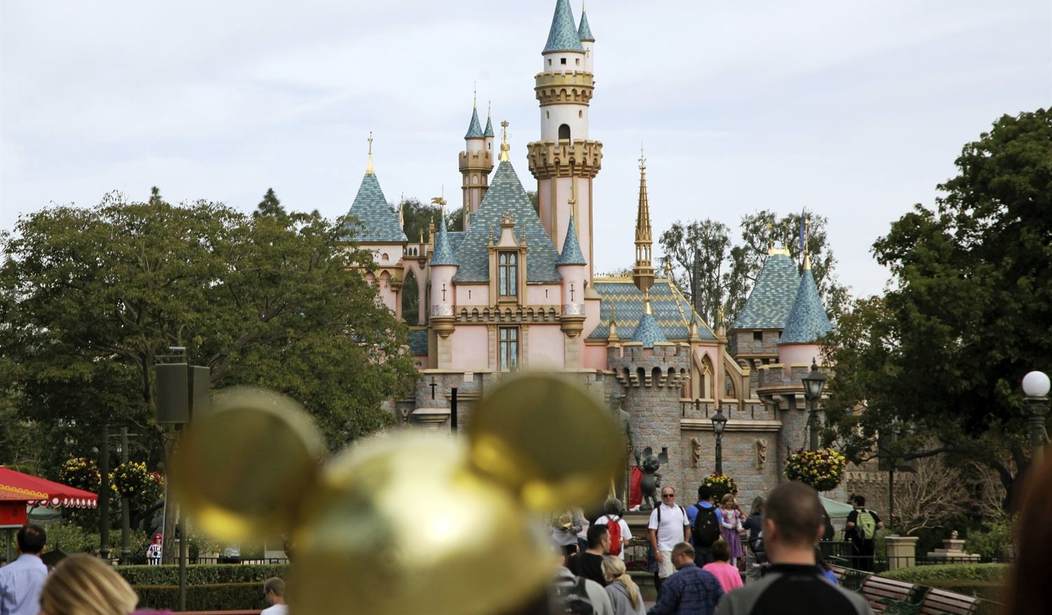



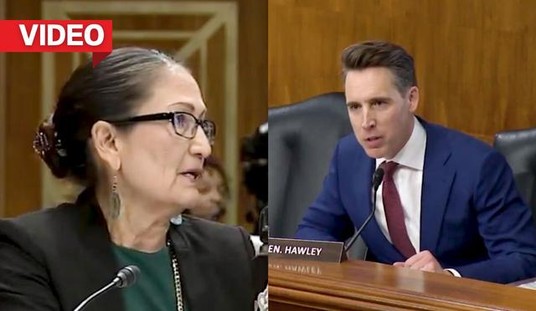

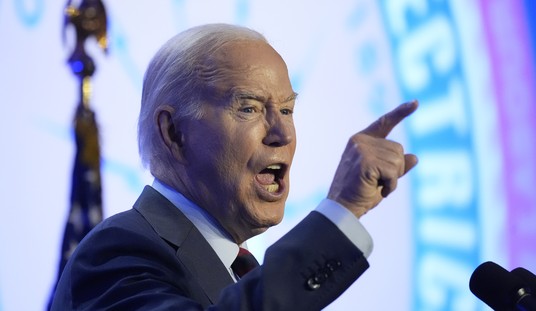
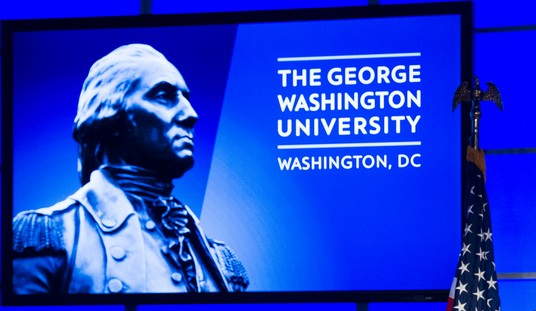
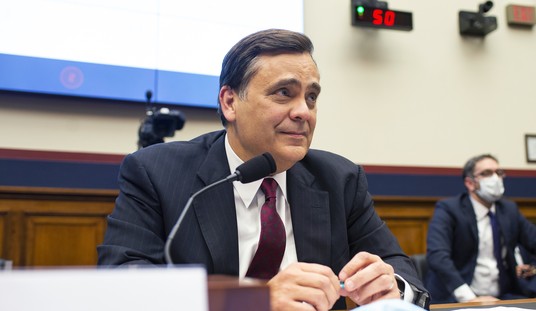




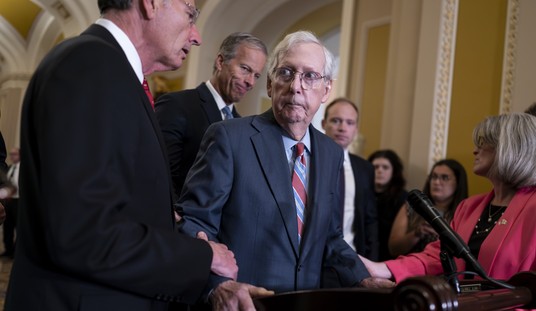
Join the conversation as a VIP Member